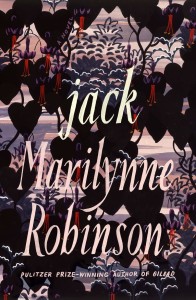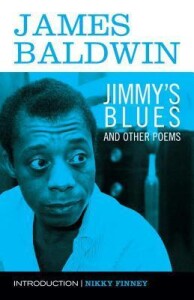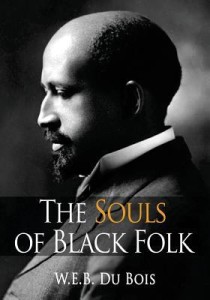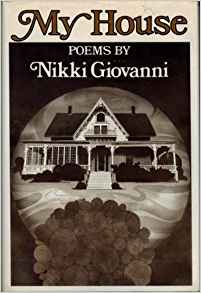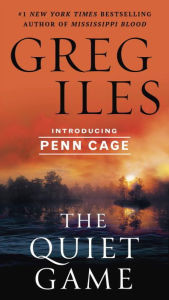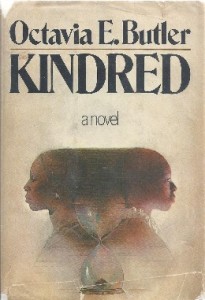As a writer, I learn something from every book I read. In no particular order, these are the ten best books I read in 2021. Please check the links to the blog archive for a fuller discussion of those I’ve reviewed.
1. The Winter Soldier, by Daniel Mason
While this is a story about WWI, it is not about trenches and battles. It is a small, human story powered by big ideas, not just the romance/reality of war itself and the emergence of what we now call PTSD as a recognised illness, but also the unlikely connections that save us, the small mistakes that have large consequences, hubris, guilt, atonement. It is a brilliant evocation of this moment when everything about the world changed.
2. This Is Happiness, by Niall Williams
At 17, Noel Crowe goes to live with his grandparents in the small rural village of Faha in County Clare, Ireland. Sixty years later he remembers the events of that remarkable season which started on Easter Sunday when the rain stopped. I have not enjoyed a novel this much in a long time. It took me a little while to adjust to the pace, somewhat slower than we might be used to, but appropriate for this tale of a time measured in a horse’s clopping hooves or a bicycle ride. There is conflict and suspense, too, as in any story, and mysteries to be explored.
3. Deacon King Kong, by James McBride
The story opens with Sportcoat, a deacon at Five Ends Baptist Church who is perpetually drunk on the local moonshine called King Kong, entering a courtyard at the Cause Houses, a Brooklyn housing project. He takes out a rusty handgun and shoots Deems, a young drug dealer whom Sportcoat used to coach on the project’s baseball team. While some reviewers have considered this story a farce, to me it seemed utterly real. The characters are much like people I have known, and their world—so vividly portrayed— one I am familiar with.
4. The Fire This Time, by Jesmyn Ward
I read this collection of essays and poems three times over before I allowed the library to repossess it. Subtitled A New Generation Speaks about Race, it provides a nuanced portrait of racism and race in the U.S. today. The book’s title is a play on Baldwin’s The Fire Next Time, which in turn takes its title from an old spiritual: “God gave Noah the rainbow sign / No more water, the fire next time.”
5. Notes to the Mental Hospital Timekeeper, by Tim Mayo
Mayo’s most recent collection of poems helps me find a way through this difficult time. From his work as a teacher and mental health worker, he brings us encounters with the delusional and with our own pasts. Because it is sometimes hard to tell if the poem is written in the persona of a patient or a staff person, Mayo narrows the distance between the two, finding our common humanity.
6. The Madness of Crowds, by Louise Penny
Penny latest novel of Inspector Armand Gamache and the village of Three Pines in Quebec is simply extraordinary. More than any other book I’ve read, it captures this unprecedented time, while still being an engrossing mystery.
7. North River, by Pete Hamill
James Delaney is a 47-year-old doctor practicing in Depression-era New York, living alone in a house gifted him by a grateful patient. All he has left is his work and, after the carnage of the Great War where he served as a medic, he is determined to save what lives he can and comfort the dying as best he can. Then one morning he returns from the hospital to find a baby in the entryway. I loved this novel. For once, I could simply relax into the life of single person, one who is complicated and flawed but whose basic moral code is evident.
8. The Possible Pleasures, by Lynn Valente
In these poems Valente’s language is simple, yet her images are startling and fresh. In addition, exquisite care has been taken with the ordering of the poems. It’s no surprise that the prestigious Finishing Line Press chose to publish this chapbook. It embeds simple truths in experiences we can recognise and phrases that catch us by surprise.
9. Klara and the Sun, by Kazuo Ishiguro
Klara is an Artificial Friend who, in the first part of this new novel from Ishiguro, is chosen and taken home by 14-year-old Josie as a companion. The use of AFs harks back to the use of governesses, servants, and slaves to do the emotional work some parents, such as Josie’s mother, are too busy for. This theme of service and its evil twin power—the effects on both the servant and served—is one Ishiguro has explored before, notably in The Remains of the Day.
10. We Are as Gods, by Kate Daloz
The story of Vermont’s Myrtle Hill commune provides the narrative backbone of this nonfiction book. Daloz follows the group from its idealistic beginnings through the gradual disenchantment, conveying their stories realistically yet with sympathy. The book combines the focus on Myrtle Hill and its neighbors with a wide-ranging summary of the counter-culture of the period, the growth and brief life of the commune movement, and the gradual recognition among the commune members that no one is actually self-sufficient. We all, including their original Vermont neighbors, rely on our community.
What were the best books you read last year?
